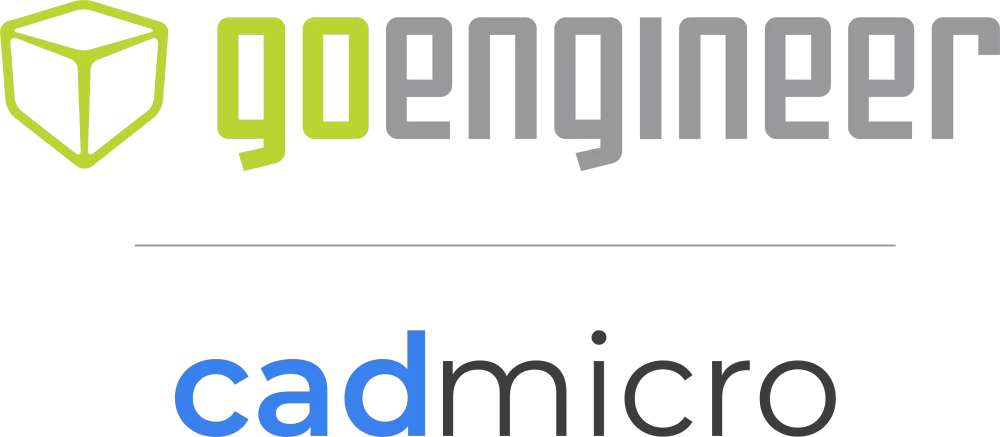Additive manufacturing has become a revolutionary tool in healthcare in recent years and is predicted to continue to grow in industry adoption in years to come. Learn about the 3D printing trends in healthcare to look out for.
CAD Micro is now: 

Learn More >>
Together with GoEngineer, you will get local, personal customer service and support, now with access to even more resources. For more detailed questions & answers, please visit our FAQ.


